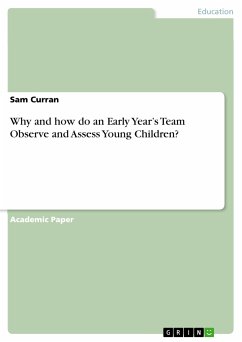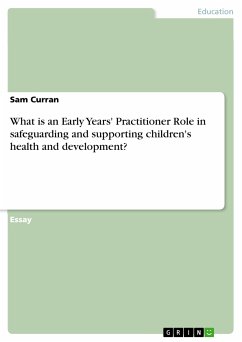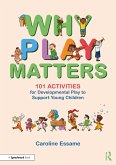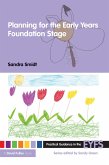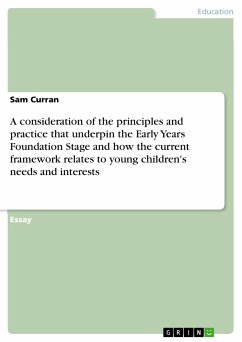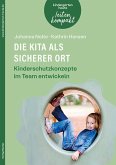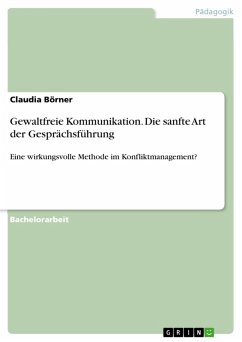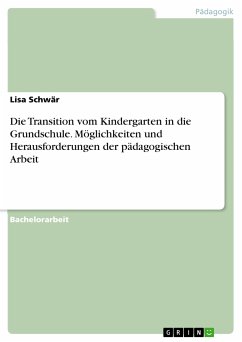Academic Paper from the year 2014 in the subject Pedagogy - Nursery Pedagogy, Early Childhood Education, grade: 70, University of Cumbria, course: Secondary Maths Teaching with QTS, language: English, abstract: When conceptualisations of research and academia appear in literature, academia and education are synonymous with each other. Once this connection has been made, the notion of the study of children inevitably manifests. Children are a valuable educational resource - they are the future of the world, in economic and personal terms. This is a viewpoint (or paradigm depending upon interpretation and application of the previously mentioned sentiment) that gives rise to the argument that monitoring children's development strategically in the Early Years Foundation Stage (EYFS) would be appropriate. This is presumably when their development is influenced the most. Although applied originally to the field of child language acquisition, Lenneberg (1967) noted that there was often a period of learning for children where they absorbed facts and content at their optimum and once this period had elapsed, they were still able to learn, but not as productively as they were in the aforementioned 'critical period'. Such a line of reasoning could be potentially be transferable and applied to the development of children: once they have surpassed the EYFS, their personality, learning habits and other such traits may be fixed. However, the dominant view in educational psychology at present is that personality is not a fixed entity. Instead, it is something which is continually changing over time, being affected by heritability, environmental interactions (this is expounded upon at a later section of this assignment) and the schema of the child themselves (Roberts et al., 2010). Regardless of the debate over whether the traits of the child are fixed or are continually changing, some intervention (and assessment) by Early Years Practitioners is needed to observe the child and potentially project (or forecast) the characteristics of the child in order to inform provision for them.
Dieser Download kann aus rechtlichen Gründen nur mit Rechnungsadresse in A, B, BG, CY, CZ, D, DK, EW, E, FIN, F, GR, HR, H, IRL, I, LT, L, LR, M, NL, PL, P, R, S, SLO, SK ausgeliefert werden.

